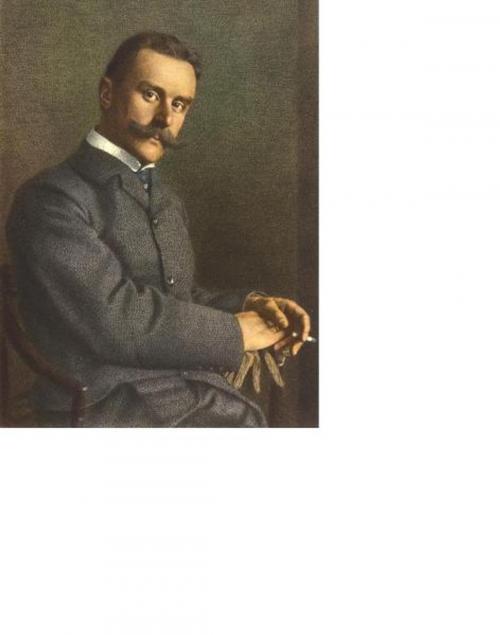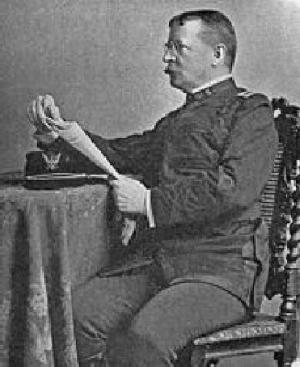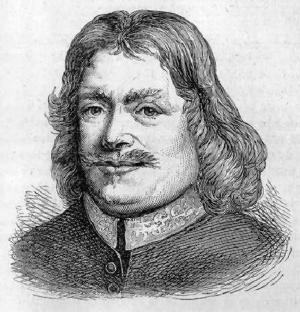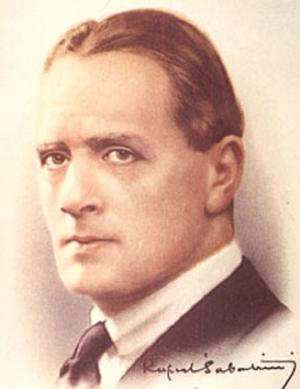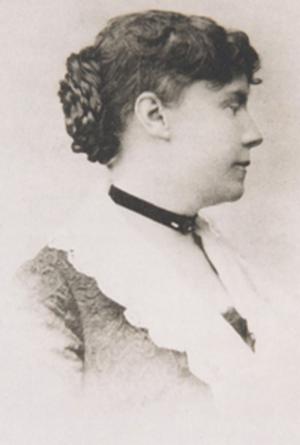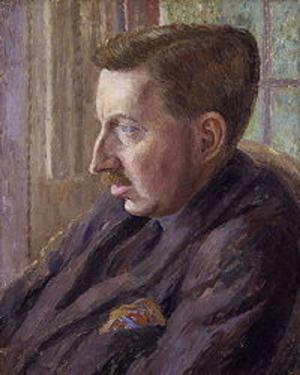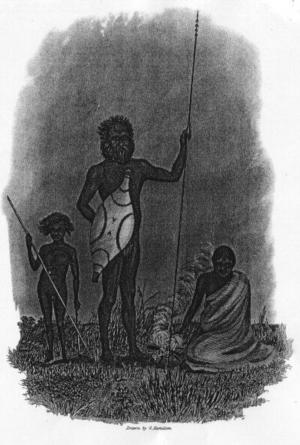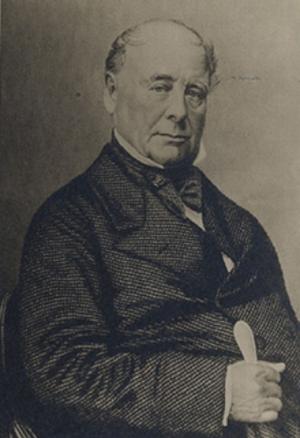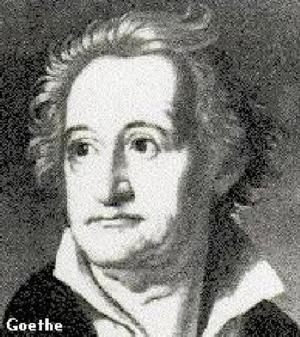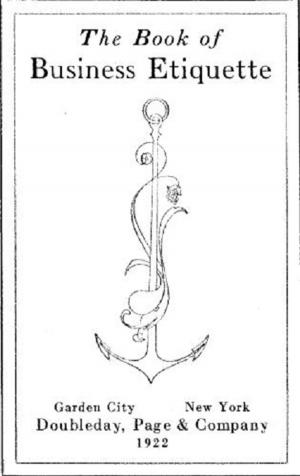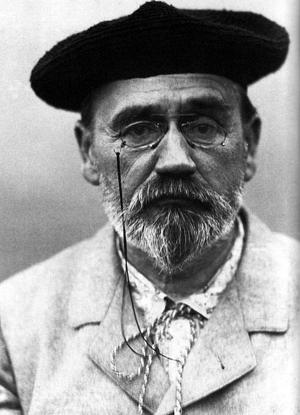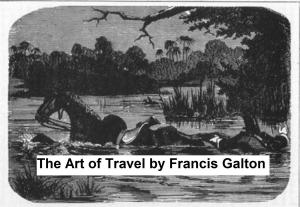| Author: | Thomas Mann | ISBN: | 9781455402557 |
| Publisher: | B&R Samizdat Express | Publication: | December 15, 2009 |
| Imprint: | Language: | German |
| Author: | Thomas Mann |
| ISBN: | 9781455402557 |
| Publisher: | B&R Samizdat Express |
| Publication: | December 15, 2009 |
| Imprint: | |
| Language: | German |
This file includes: Gladius Dei und Schwere Stunde, Der Tod in Venedig, Tonio Kroger, and Tristan. According to Wikipedia: "Thomas Mann (6 June 1875 12 August 1955) was a German novelist, short story writer, social critic, philanthropist, essayist, and 1929 Nobel Prize laureate, known for his series of highly symbolic and ironic epic novels and novellas, noted for their insight into the psychology of the artist and the intellectual. His analysis and critique of the European and German soul used modernized German and Biblical stories, as well as the ideas of Goethe, Nietzsche, and Schopenhauer. His older brother was the radical writer Heinrich Mann, and three of his six children, Erika Mann, Klaus Mann and Golo Mann, also became important German writers. When Hitler came to power in 1933, the anti-fascist Mann fled to Switzerland. When World War II broke out in 1939, he emigrated to the United States, from where he returned to Switzerland in 1952. Thomas Mann is one of the most known exponents of the so called Exilliteratur... Mann was awarded the Nobel Prize in Literature in 1929, principally in recognition of his popular achievement with the epic Buddenbrooks (1901), The Magic Mountain (Der Zauberberg 1924), and his numerous short stories. (Precisely, due to the personal taste of an influential committee member, only Buddenbrooks was explicitly cited.)[3] Based on Mann's own family, Buddenbrooks relates the decline of a merchant family in Lübeck over the course of three generations. The Magic Mountain (Der Zauberberg, 1924) follows an engineering student who, planning to visit his tubercular cousin at a Swiss sanatorium for only three weeks, finds his departure from the sanatorium delayed. During that time, he confronts medicine and the way it looks at the body and encounters a variety of characters who play out ideological conflicts and discontents of contemporary European civilization. Later, other novels included Lotte in Weimar (1939), in which Mann returned to the world of Goethe's novel The Sorrows of Young Werther (1774); Doktor Faustus (1947), the story of composer Adrian Leverkühn and the corruption of German culture in the years before and during World War II; and Confessions of Felix Krull (Bekenntnisse des Hochstaplers Felix Krull, 1954), which was still unfinished at Mann's death."
This file includes: Gladius Dei und Schwere Stunde, Der Tod in Venedig, Tonio Kroger, and Tristan. According to Wikipedia: "Thomas Mann (6 June 1875 12 August 1955) was a German novelist, short story writer, social critic, philanthropist, essayist, and 1929 Nobel Prize laureate, known for his series of highly symbolic and ironic epic novels and novellas, noted for their insight into the psychology of the artist and the intellectual. His analysis and critique of the European and German soul used modernized German and Biblical stories, as well as the ideas of Goethe, Nietzsche, and Schopenhauer. His older brother was the radical writer Heinrich Mann, and three of his six children, Erika Mann, Klaus Mann and Golo Mann, also became important German writers. When Hitler came to power in 1933, the anti-fascist Mann fled to Switzerland. When World War II broke out in 1939, he emigrated to the United States, from where he returned to Switzerland in 1952. Thomas Mann is one of the most known exponents of the so called Exilliteratur... Mann was awarded the Nobel Prize in Literature in 1929, principally in recognition of his popular achievement with the epic Buddenbrooks (1901), The Magic Mountain (Der Zauberberg 1924), and his numerous short stories. (Precisely, due to the personal taste of an influential committee member, only Buddenbrooks was explicitly cited.)[3] Based on Mann's own family, Buddenbrooks relates the decline of a merchant family in Lübeck over the course of three generations. The Magic Mountain (Der Zauberberg, 1924) follows an engineering student who, planning to visit his tubercular cousin at a Swiss sanatorium for only three weeks, finds his departure from the sanatorium delayed. During that time, he confronts medicine and the way it looks at the body and encounters a variety of characters who play out ideological conflicts and discontents of contemporary European civilization. Later, other novels included Lotte in Weimar (1939), in which Mann returned to the world of Goethe's novel The Sorrows of Young Werther (1774); Doktor Faustus (1947), the story of composer Adrian Leverkühn and the corruption of German culture in the years before and during World War II; and Confessions of Felix Krull (Bekenntnisse des Hochstaplers Felix Krull, 1954), which was still unfinished at Mann's death."
